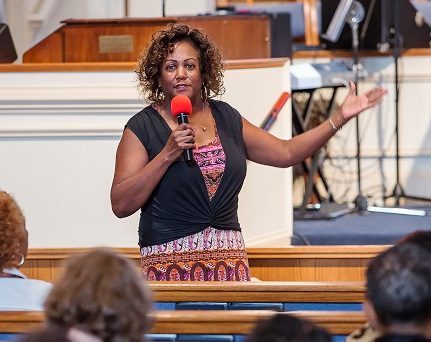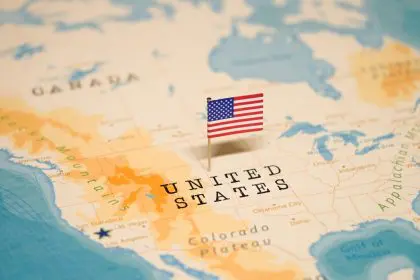
In recent years, finding one’s roots has become a popular pastime of many people, especially Black families. But because of the institution of slavery, finding information about one’s ancestors can also be a daunting task for many Black families. That’s why working with a certified genealogist can help when researching a family tree.
Rolling out spoke with certified genealogist Elyse Hill of Family Tree Discoveries about her career choice and tips to get started on your family research.
How did you arrive at the career choice of being a genealogist?
I initially had a curiosity about my maternal grandmother’s family since that was the family line we knew the least about. The story was passed down that her parents — names unknown — died when she was a very young girl and [she] was adopted by an aunt and uncle — his name [was] unknown. When I started researching her line the only information I had was her first and maiden name and birth date and place. Not only did I find information about her parents but also her grandparents and her great-grandfather a slave who accompanied his master to the battlefield during the Civil War — still as a slave, of course. Those findings are what started my genealogy research addiction. I later gained a passion to do research [for] others who had a desire to know more about their ancestors and family history.
What separates you from others in your field?
Out of approximately 1,200 certified genealogists, I’m one of only three African Americans currently certified and all [are] women.
For those considering entering this arena, what skill sets do you recommend mastering? What traits are most conducive to success?
It takes a lot of training and attending national and local conferences. Due to the current pandemic, most of these events are now virtual and many are free. Conduct research with people outside of your own family, this exposes you to diverse strategies and records.
Why is it important for Blacks to research their history?
We have an amazing history that goes well beyond the Civil Rights era. Most African Americans’ ancestors were enslaved with only a first name and physical description and upon emancipation most were illiterate and [had] no funds, and yet they made it and paved a way for their descendants. All African Americans have a duty to not only know their names but also acknowledge their accomplishments and struggles and tell the story they weren’t able to.
What do you consider the three most important steps in family history research?
Talk to the elders and obtain as much oral history as possible and write it down.
Preserve pictures and annotate them with names and dates.
Save your written history and pictures in the cloud.
For more information about researching your family history check out www.familytreediscoveries.com














